12 Songs That Defined Feminism for a Generation
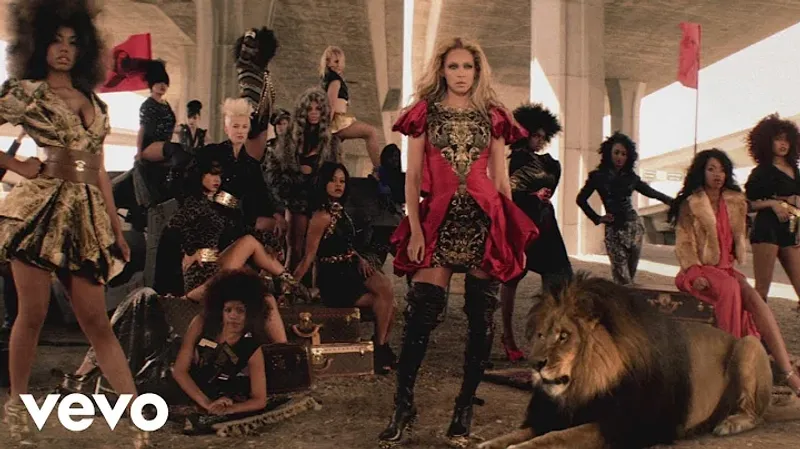
Music has always been a powerful tool for social change, and throughout history, certain songs have become rallying cries for the feminist movement. From the 1970s to today, female artists have used their voices to challenge stereotypes, demand equality, and inspire women everywhere. These 12 iconic tracks didn’t just top the charts—they sparked conversations, changed minds, and gave women the courage to stand up for their rights.
1. I Am Woman by Helen Reddy (1972)
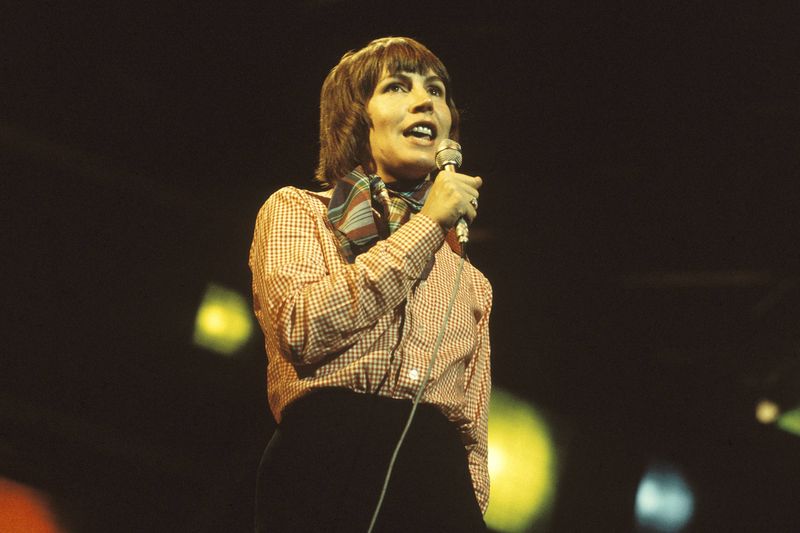
Helen Reddy’s powerful anthem became the unofficial theme song of the women’s liberation movement. Written during a time when women were fighting for basic rights like equal pay and workplace respect, this song gave voice to millions of frustrated women.
The lyrics “I am strong, I am invincible, I am woman” became a battle cry that echoed through protest marches and living rooms across America. Reddy wrote the song after struggling to find female empowerment songs for her daughter.
Today, the song remains relevant as women continue fighting for equality in all areas of life.
2. Respect by Aretha Franklin (1967)
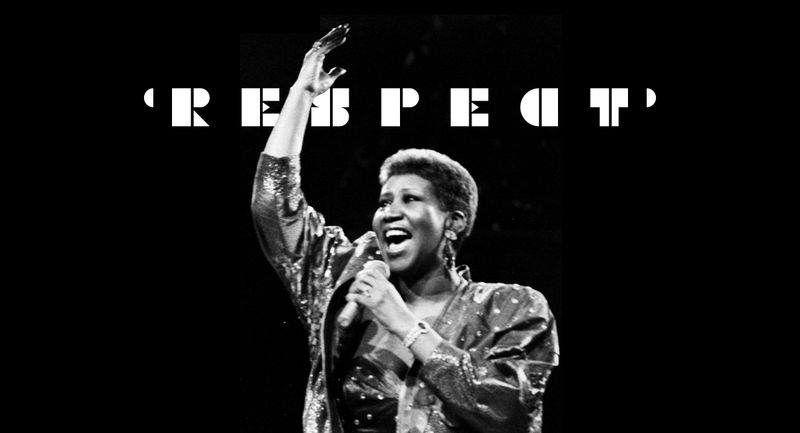
Originally written by Otis Redding, Aretha Franklin transformed this song into something entirely different and revolutionary. Her version demanded respect not just in relationships, but in society as a whole, speaking to both racial and gender equality.
Franklin’s spelling out of “R-E-S-P-E-C-T” became iconic, turning a simple word into a powerful demand. The song topped charts during the civil rights era, making it doubly significant for African American women facing discrimination.
Her fierce vocal delivery and confident attitude showed women they deserved to be treated with dignity and respect in every aspect of their lives.
3. You’re So Vain by Carly Simon (1972)
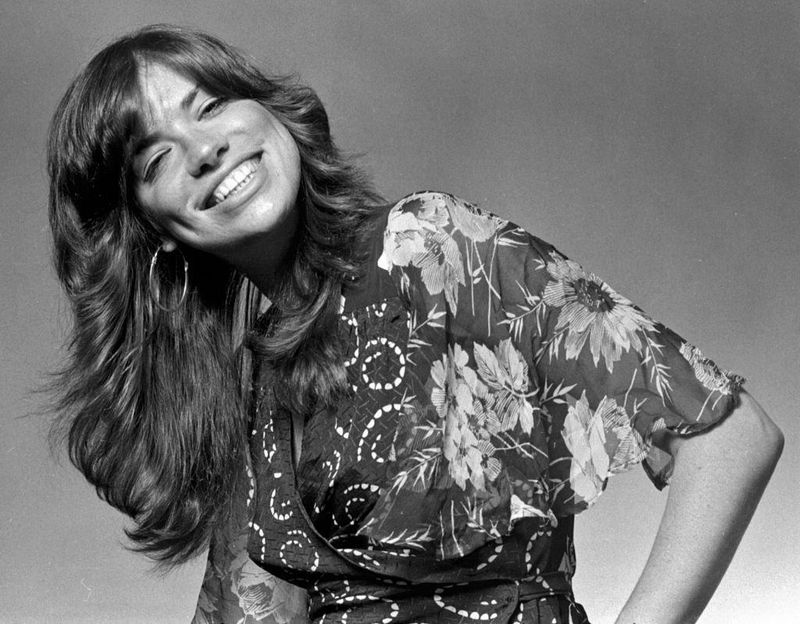
Carly Simon’s mysterious hit song called out male narcissism and self-absorption in a way that resonated with countless women. The song’s narrator confidently exposes a former lover’s vanity and selfishness, refusing to be impressed by his arrogance.
What made this song feminist was its refusal to romanticize toxic masculinity. Instead of pining for the man who treated her poorly, Simon’s character sees him clearly and calls him out publicly.
The mystery surrounding the song’s subject (rumored to be Warren Beatty, James Taylor, or Mick Jagger) kept people talking, but the real power was in its honest portrayal of male ego.
4. Man! I Feel Like a Woman! by Shania Twain (1997)
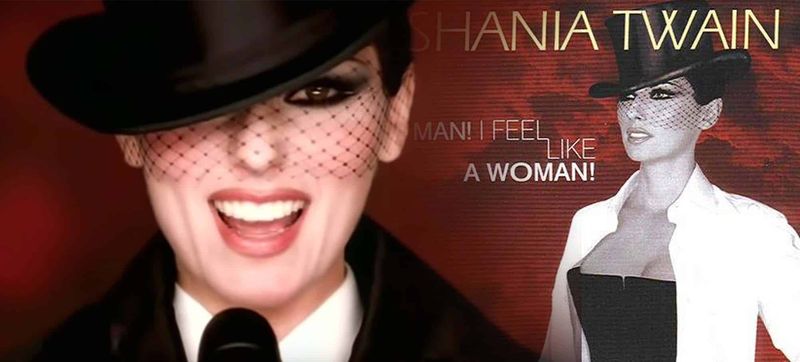
Shania Twain’s upbeat celebration of female freedom became an instant empowerment anthem for the 90s generation. The song encouraged women to break free from expectations and enjoy themselves without apology or shame.
With lyrics about going out, having fun, and being totally free, Twain captured the spirit of women who were tired of being told how to behave. The exclamation points in the title weren’t accidental—this was pure joy and excitement about being female.
The music video, featuring Twain and her friends dressing up and having a blast, showed women that femininity could be fun, powerful, and completely on their own terms.
5. Independent Women by Destiny’s Child (2000)
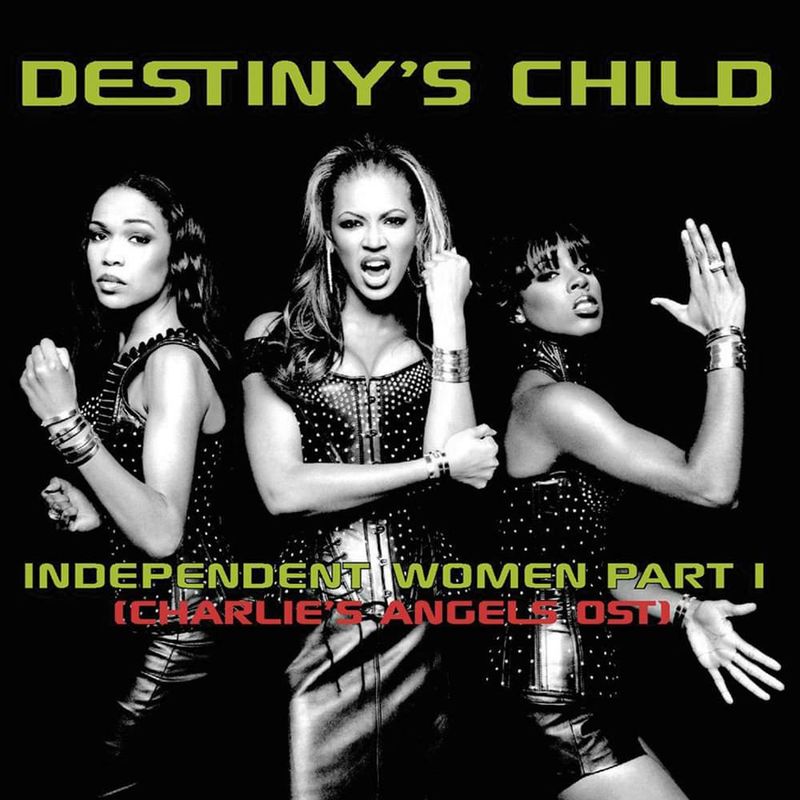
Destiny’s Child delivered a powerful message about financial independence and self-reliance that spoke directly to young women entering the new millennium. The song listed everything the singers could buy for themselves, from shoes to cars to homes.
Beyoncé, Kelly Rowland, and Michelle Williams made it clear that women didn’t need men to provide for them financially. This message was revolutionary for many young listeners who had been taught that finding a provider was their main goal.
The song’s success proved that audiences were ready for strong female voices promoting economic empowerment and personal independence as attractive, desirable qualities.
6. Stronger (What Doesn’t Kill You) by Kelly Clarkson (2011)
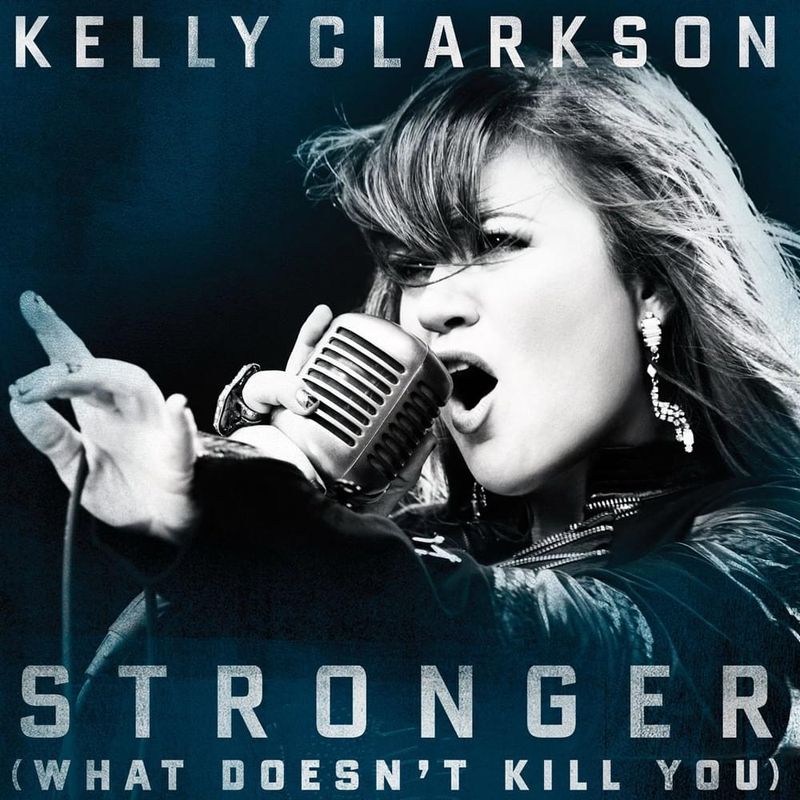
Kelly Clarkson’s powerhouse anthem about surviving difficult relationships and emerging stronger resonated with women worldwide. The song’s message that hardships make us more resilient became a motto for anyone going through tough times.
Clarkson’s powerful vocals delivered the message with conviction, making listeners believe they too could overcome whatever challenges they faced. The song became particularly meaningful for women leaving abusive relationships or dealing with divorce.
Based on the famous Nietzsche quote, the song proved that pop music could carry deep philosophical messages while still being incredibly catchy and fun to sing along with.
7. Roar by Katy Perry (2013)
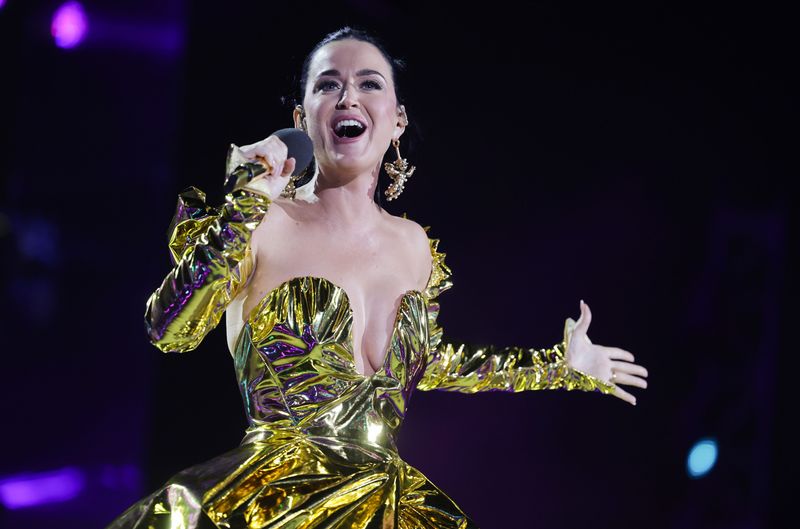
Katy Perry’s transformation from quiet mouse to fierce lion captured the journey many women take toward finding their voice. The song’s metaphor of learning to roar after being silent spoke to anyone who had ever felt powerless or overlooked.
Perry’s personal story of overcoming a controlling relationship gave the song authentic emotional weight. The upbeat melody contrasted with the serious message about personal growth and self-advocacy, making it both inspiring and accessible.
The music video, showing Perry surviving alone in the jungle, reinforced the message that women are capable of taking care of themselves and thriving independently when given the chance.
8. Fight Song by Rachel Platten (2014)
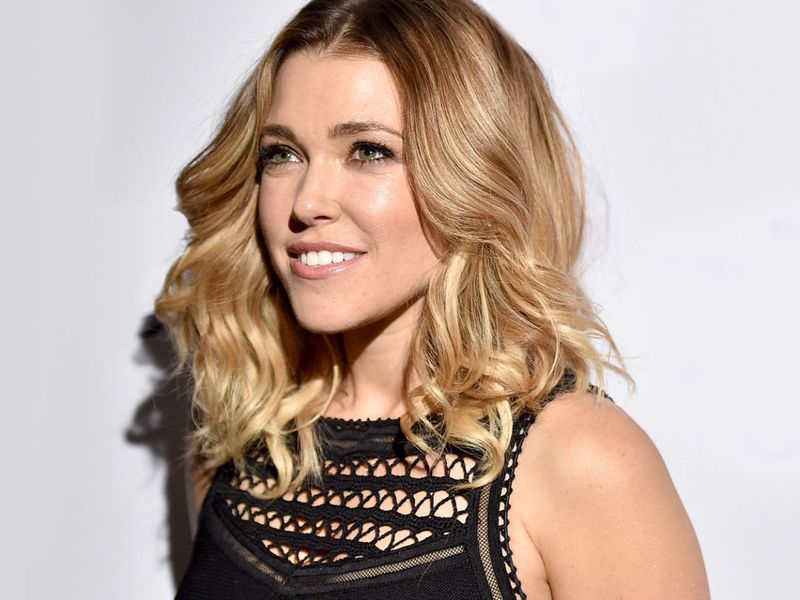
Rachel Platten’s deeply personal anthem about finding inner strength during dark times became a rallying cry for women facing seemingly impossible challenges. Written during a period when Platten questioned her music career, the song’s authenticity struck a chord worldwide.
The lyrics about having “a lot of fight left” in her resonated with women battling everything from illness to discrimination to personal setbacks. Platten’s vulnerable yet determined delivery made the message feel genuine and achievable.
The song became particularly powerful when adopted by various social movements, proving that personal empowerment songs can become tools for collective action and social change.
9. Run the World (Girls) by Beyoncé (2011)
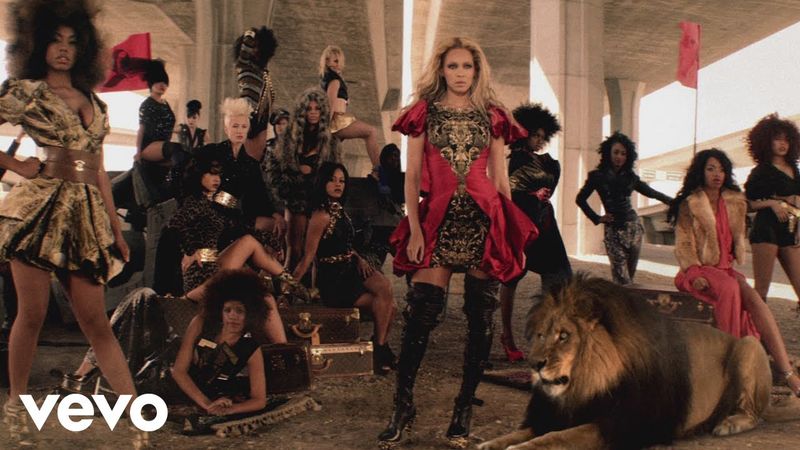
Beyoncé’s fierce declaration that girls run the world became an instant feminist anthem celebrating female power and achievement. The song acknowledged women’s contributions to society while demanding recognition and respect for their efforts.
With references to strong women throughout history and contemporary female leaders, Beyoncé created a song that was both celebratory and educational. The aggressive beat and confident lyrics made it impossible to ignore the message.
The accompanying music video, featuring diverse women in powerful poses and situations, reinforced the global nature of female strength and capability across all cultures and backgrounds.
10. Confident by Demi Lovato (2015)
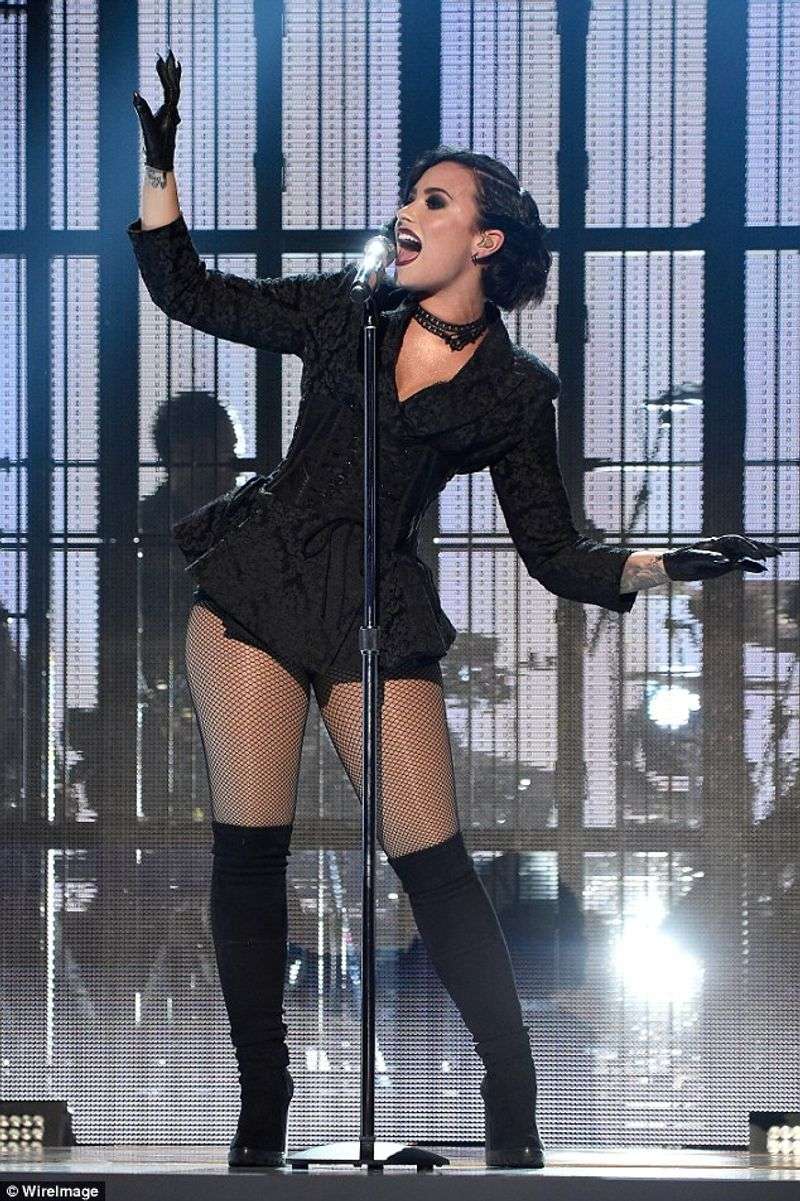
Demi Lovato’s bold anthem about self-assurance and personal strength resonated with fans who had watched her overcome personal struggles publicly. The song’s message that confidence is attractive and powerful challenged traditional ideas about female modesty.
Lovato’s raw vocals and unapologetic lyrics encouraged women to embrace their strength rather than hide it to make others comfortable. The song celebrated being loud, proud, and completely secure in one’s own skin.
Coming from an artist who had been open about mental health struggles, the song carried extra weight as proof that personal battles can lead to greater self-knowledge and unshakeable confidence.
11. Stronger Than Me by Amy Winehouse (2003)
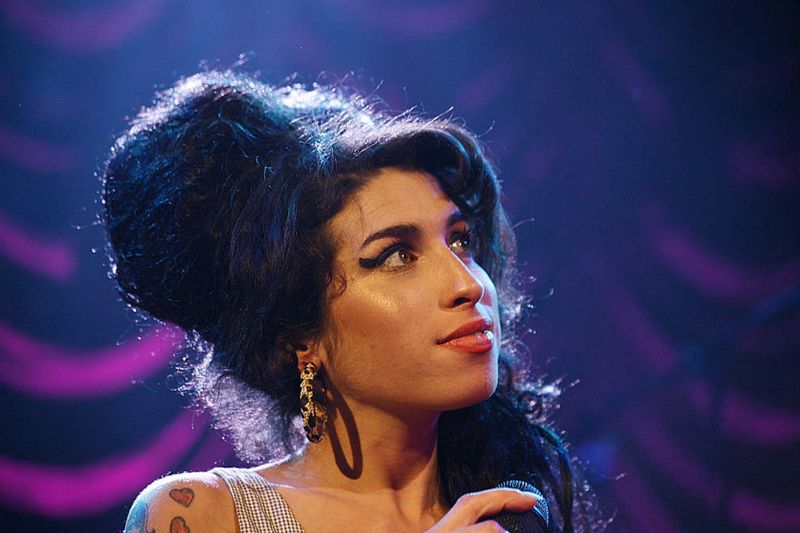
Amy Winehouse’s brutally honest examination of relationship dynamics challenged traditional gender roles in love songs. Her narrator complained about a boyfriend who was emotionally weaker than her, flipping typical relationship complaints on their head.
Winehouse’s jazz-influenced style and mature lyrics stood out in a pop landscape filled with more superficial love songs. She sang about wanting a partner who could match her strength, not someone she had to take care of.
The song introduced themes that would define Winehouse’s career: complex relationships, emotional honesty, and refusing to pretend weakness to make men feel better about themselves.
12. What’s Up? by 4 Non Blondes (1992)
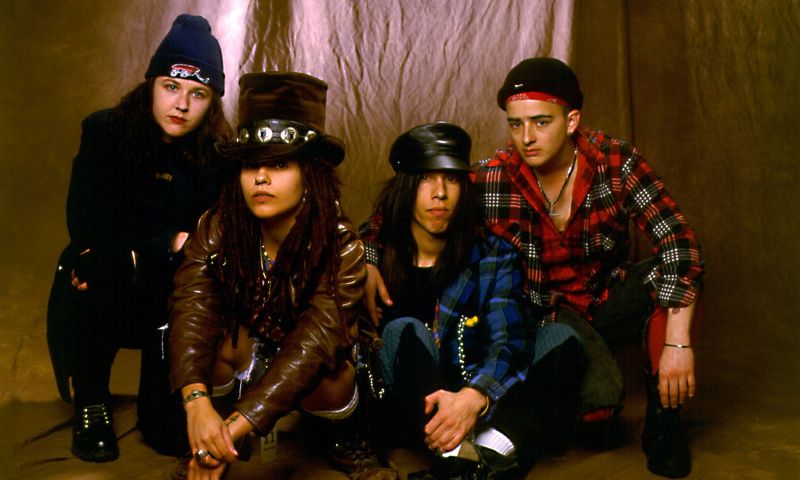
Linda Perry’s raw, emotional anthem about frustration and searching for meaning became an unexpected feminist classic. The song’s honest portrayal of confusion and anger resonated with women who felt lost in a world that didn’t seem to value their contributions.
Perry’s powerful, almost desperate vocals conveyed the feeling of being trapped and needing change that many young women experienced. The song didn’t offer easy answers, which made it feel more authentic than typical empowerment anthems.
The grunge-influenced sound and Perry’s androgynous appearance challenged conventional ideas about how female musicians should look and sound, paving the way for more diverse representations of women in rock music.

Comments
Loading…